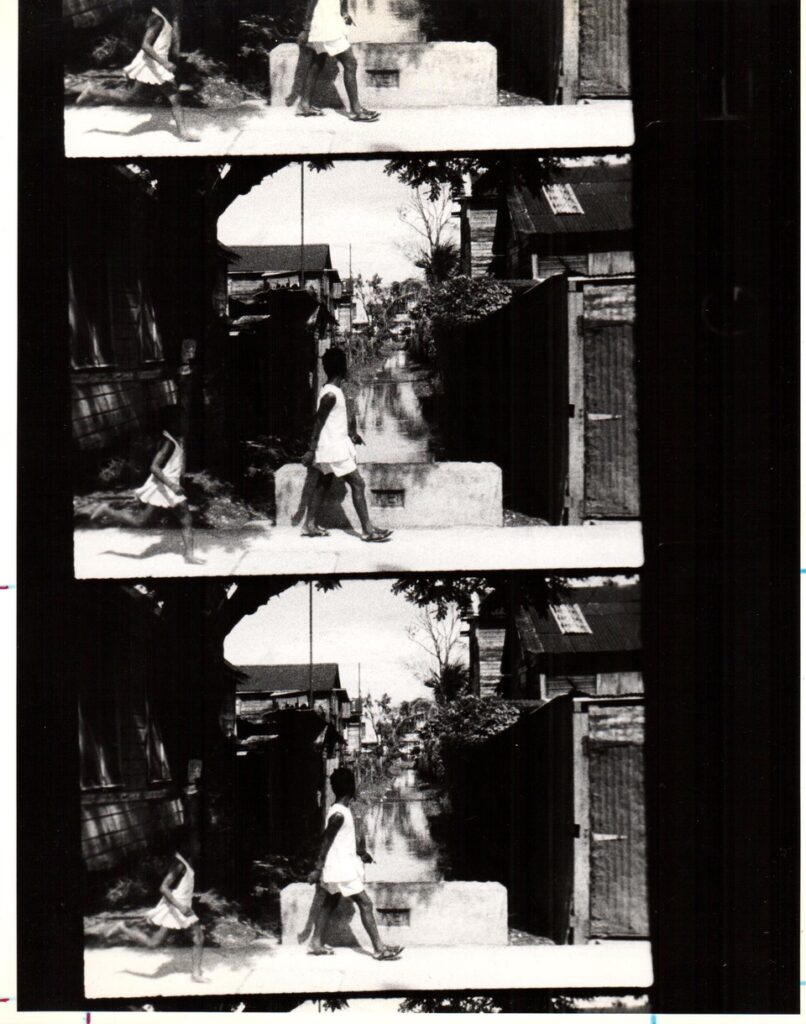Focus: Ways of Seeing Fanon
Until his final days, Frantz Fanon was deeply shaken by the murder of his friend Patrice Lumumba carried out in coordination between Belgian and CIA agents and their Congolese partners. Lumumba’s assassination is the founding violence of neocolonialism that ushered in a new era that we still live today.
Framed by a screening of Raoul Peck’s Lumumba: Death of a Prophet (2000)
Writer and filmmker Philip Rizk is joined by Orsod Malik, Executive Director of the Stuart Hall Foundation, and Mai Taha, Assistant Professor in Human Rights at LSE to explore the work of political philosopher and psychiatrist Franz Fanon through the lens of the region he was radicalised in.
Run Time
Departing from a time of coloniality shared by foreign and local powers, where overthrowing a regime is not sufficient to break the shackles that bind.
Framed by a screening of the Victor Jara Collective’s seminal work of political documentary The Terror and the Time (1979) and Moustapha Alassane’s irreverant animated satire Bon Voyage Sim (1966)
Run Time
On the centenary of the founding of the moving image, Sylvia Wynter gave a speech building on V.Y. Mudimbe’s critical observation of the occident’s violent act of “submitt[ing] the world to its memory” through image-making.
Assia Djebar, once Frantz Fanon’s collaborator at the National Liberation Front’s journal El Moudjahid, is a rarely recognised force reclaiming that memory through film.
Run Time
Departing from the Syrian Revolution, before moving through other moments of revolution and experiments in autonomy from 1936 Spain, Angola, and Palestine, to the Paris Commune, the essay film Mapping Lessons reflects on attempts to dismantle the forces of neocolonialism, both internal and external, in the hopes of preparing for the next time.







